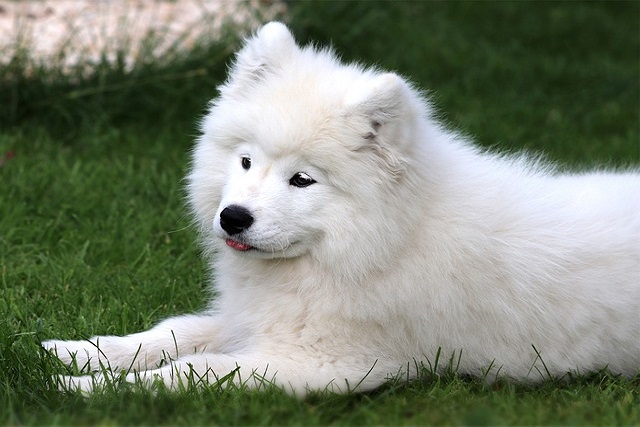
How do i train my dog to be obedient?
Watching your dog dart across the park ignoring your calls isn’t just frustrating—it can put them at risk near busy streets or public spaces.
That moment when your sweet puppy suddenly clamps down on your hand with those razor-sharp teeth can make any new owner wonder: Will this dog ever stop biting? The good news is yes—with the right training approach, nearly all dogs can learn bite inhibition. But there's a catch: It's not about eliminating mouthing entirely, but teaching them how and when to use their mouths appropriately.
The science behind biting is fascinating. Puppies naturally explore the world with their mouths (just like human babies), and adult dogs use gentle mouthing to communicate. The key is teaching "soft mouth" skills during the critical socialization window (6-16 weeks). Start by yelping loudly when teeth touch skin (mimicking how littermates react), then immediately redirect to a chew toy. Studies show puppies who learn bite inhibition during play are 80% less likely to cause accidental injury as adults. For older dogs, the "trade-up" game works wonders: When they mouth something inappropriate (like your shoe), say "Oops!" cheerfully and swap it for a high-value bully stick.
But here's what most trainers won't tell you: Some degree of mouthing is normal for many breeds. That retriever who gently carries your wrist to the treat jar? He's using inherited "soft mouth" instincts. The goal isn't complete elimination, but control. Teach "Leave It" for dangerous situations (like when they find chicken bones on New York sidewalks) and "Gentle" for permitted mouthing (applying zero pressure during toothbrushing). Always reward calm behavior—when your dog licks instead of nibbles during greetings, shower them with diced chicken.
Cultural red flags to avoid: Never use punishment-based methods like alpha rolls or muzzle holds—these increase fear-based biting risks by 43% according to AVSAB research. In many European countries and progressive U.S. cities like Seattle, such techniques could even violate animal welfare ordinances. And remember: Even playful nips can violate leash laws if they startle others in dog parks—always carry appropriate chew toys as redirect tools.

Apartment dwellers face special challenges: That frustrated bark and nip when the doorbell rings? In thin-walled buildings, it can trigger neighbor complaints fast. Solve this with desensitization training (record door sounds at low volume while feeding treats) and baby gates to create buffer zones. For small-space play, teach "Toy Only" rules—keep rope toys in every room to redirect excitement biting. And please—no off-leash hallway greetings until mouthing is fully under control; your elevator neighbors will thank you.
When professional help is needed: If your dog stares before biting or draws blood during play, consult a certified behaviorist immediately. Certain medical conditions (like dental pain) can cause sudden biting, and some rescue dogs require specialized rehabilitation. Breeds with strong bite drives (like working-line German Shepherds) may always need management strategies, even if they're well-trained.
The bottom line? While you can't erase a dog's natural instincts, you can absolutely shape them. With consistent positive reinforcement, even that mouthy adolescent shepherd will mature into a dog who knows human skin is off-limits—though they might still "talk back" with harmless grumbles when you stop the belly rubs.

Watching your dog dart across the park ignoring your calls isn’t just frustrating—it can put them at risk near busy streets or public spaces.

New puppy owners often find themselves rushing to clean up accidents before they set in, and that’s where puppy pad training becomes a game-changer.

If you've noticed your dog's waistline disappearing and your veterinarian has mentioned those few extra pounds, your first instinct might be to simply reduce the amount of food in their bowl.

Training a dog to use a designated spot indoors isn’t as daunting as many new owners fear, but it does take consistency and an understanding of your pet’s needs.

That moment of dread on a walk is all too familiar for many new dog owners. You see another dog approaching down the sidewalk of your neighborhood

If the sight of another dog on your neighborhood walk makes your heart sink as your own dog erupts into a frenzy of barking and lunging, you're not alone.